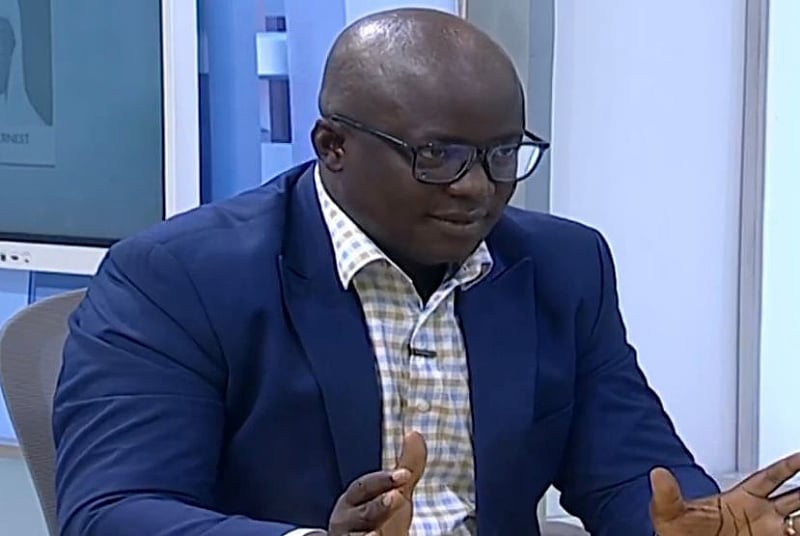The ongoing saga surrounding Chief Justice Gertrude Torkonoo’s potential removal from office has taken a decisive turn, with political analyst Dr. Joshua Zaato expressing a firm belief that the embattled Chief Justice’s efforts to challenge the process will ultimately prove futile. Dr. Zaato, a member of the opposition New Patriotic Party (NPP) and a political science lecturer at the University of Ghana, posits that the current trajectory of events points unequivocally towards Justice Torkonoo’s removal, despite her vehement denials of the allegations leveled against her. This unfolding drama has captivated the nation, raising critical questions about the balance of power, due process, and the integrity of Ghana’s judicial system.
While Dr. Zaato remains convinced of the Chief Justice’s impending removal, he simultaneously acknowledges and commends her resolute stance against the accusations and her commitment to challenging the process. He views her defiance as a positive contribution to the development of legal jurisprudence in Ghana, setting crucial precedents for future cases of similar nature. This duality in Dr. Zaato’s perspective – recognizing the Chief Justice’s likely defeat while applauding her spirit of resistance – underscores the complex and multifaceted nature of the situation. The case is not simply about the fate of one individual, but about the broader implications for the judiciary and the legal framework within which such matters are addressed.
Justice Torkonoo, facing suspension pending the outcome of investigations into petitions alleging misconduct, has vehemently maintained her innocence. She contends that the allegations against her are either entirely fabricated or stem from a fundamental misunderstanding of her judicial responsibilities. Furthermore, the suspended Chief Justice argues that the ongoing process represents a violation of her rights. This assertion adds another layer of complexity to the case, raising fundamental questions about the fairness and legality of the proceedings themselves. The clash between the Chief Justice’s assertions of innocence and due process violations, and the seemingly unwavering conviction of individuals like Dr. Zaato regarding her eventual removal, highlights the polarization of opinions surrounding this contentious issue.
The petitions against Chief Justice Torkonoo, the specific nature of which remains largely undisclosed, have triggered a complex chain of events that now threatens to culminate in her dismissal. The details surrounding the allegations are critical to understanding the gravity of the situation and assessing the validity of both the accusations and the Chief Justice’s defense. The lack of transparency regarding the specifics of the allegations fuels speculation and contributes to the charged atmosphere surrounding the case. A clearer understanding of the charges is essential for public confidence in the process and for a fair and impartial assessment of the situation.
As the legal battle unfolds, the Supreme Court is poised to play a pivotal role in determining the ultimate outcome. The Chief Justice’s decision to challenge the proceedings before the highest court in the land underscores the significance of this case and its potential ramifications for the future of the Ghanaian judiciary. The Supreme Court’s ruling will not only decide Justice Torkonoo’s fate but will also set a precedent for how similar cases are handled in the future. The court’s decision will inevitably be scrutinized by legal scholars, political analysts, and the public alike, shaping perceptions of judicial independence and accountability.
The case of Chief Justice Torkonoo has sparked a national debate, highlighting the delicate balance between upholding the integrity of the judiciary and ensuring that due process is followed in all legal proceedings. The public’s attention is fixated on the unfolding drama, as the future of a prominent figure in the Ghanaian legal system hangs in the balance. The outcome of this case will undoubtedly have far-reaching implications, not only for the individuals involved but also for the broader legal and political landscape of Ghana. The case serves as a stark reminder of the crucial role of an independent and impartial judiciary in upholding the rule of law and safeguarding the rights of all citizens.


